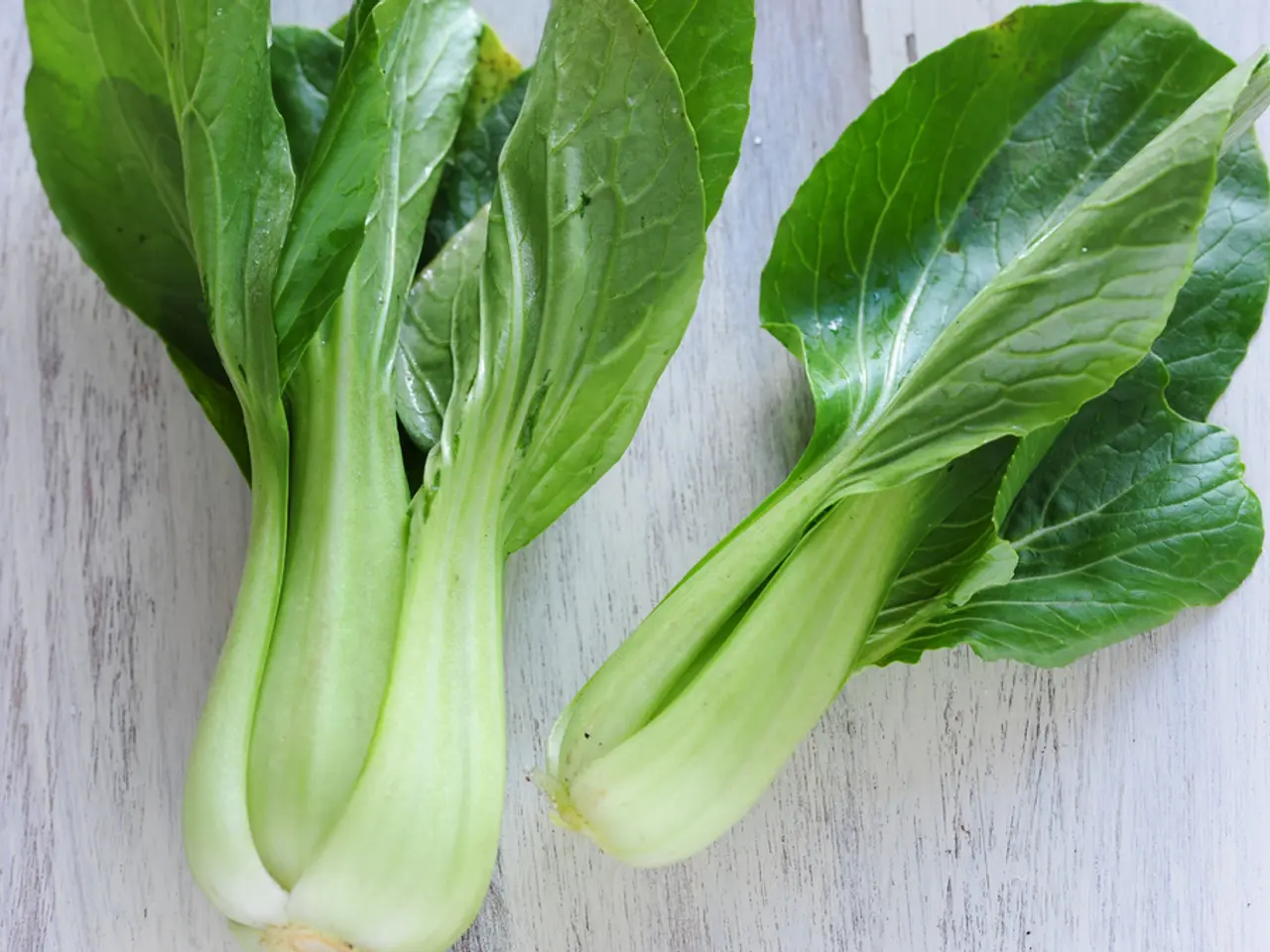Essential vitamin aids women in preventing lethal arterial disorder
A new study conducted at Australia's Edith Cowan University has found that consuming an additional cup of leafy greens and cruciferous vegetables daily, such as spinach, kale, and broccoli, significantly reduces the risk of atherosclerotic vascular disease (ASVD) and related heart and blood vessel complications in older women.
The key findings from the long-term study involving 1,436 elderly women showed that those with about 30% higher intake of Vitamin K1 (above current guidelines) had a lower long-term risk of ASVD and reduced thickening of neck blood vessels, a marker of atherosclerosis. Incorporating approximately a cup and a half of these vegetables daily raises Vitamin K1 levels, which may protect arteries by inhibiting calcification and improving cardiovascular health without major dietary disruption.
The study participants, who averaged 75 years of age, were followed for 14.5 years using hospital and death records. Women who ate more vitamin K1 had thinner carotid artery walls, indicating less early-stage atherosclerosis. In fact, women with the highest K1 intake (120mcg) had a 43% lower risk of dying from ASVD.
The study used a food questionnaire to assess vitamin K1 levels at the start, with a cup of raw spinach offering 145mcg of K1, a cup of raw kale providing 472mcg, half a cup of cooked Brussels sprouts containing 109mcg, half a cup of cooked cabbage providing 82mcg, and half a cup of cooked broccoli offering 110mcg of K1.
While the study did not explore the impact of vitamin K2 on heart health, it is known that Vitamin K1 is crucial in preventing vascular calcification—a process that leads to plaque buildup and artery narrowing, key contributors to ASVD, heart attacks, and strokes.
This research has practical implications: adding just one extra serving (half to one cup) of leafy greens and cruciferous vegetables daily is a simple, low-risk strategy to enhance heart and blood vessel health among older women. However, individuals should consult their physicians before making dietary changes if they have specific health concerns.
The study focused on older women due to their increased risk of ASVD. Women are known to be at greater risk of heart attack and stroke than men, with hormonal factors contributing to this increased risk level.
In summary, daily extra servings of leafy greens rich in Vitamin K1 can help prevent ASVD and improve cardiovascular outcomes in older women by reducing vascular calcification and atherosclerosis progression.
- Consuming more leafy greens and cruciferous vegetables, such as spinach, kale, and broccoli, can significantly reduce the risk of atherosclerotic vascular disease (ASVD) and related heart and blood vessel complications, particularly in older women.
- higher intake of Vitamin K1, primarily found in these vegetables, is associated with a lower long-term risk of ASVD and reduced thickening of neck blood vessels, which may protect arteries by inhibiting calcification and improving cardiovascular health.
- Incorporating about a cup and a half of these vegetables daily can raise Vitamin K1 levels, offering potential health benefits for women's heart and vasculature, particularly as they age.
- While the study didn't investigate the effects of vitamin K2 on heart health, vitamin K1 has been identified as crucial in preventing vascular calcification, a significant contributor to ASVD, heart attacks, and strokes, especially in women due to hormonal factors.




